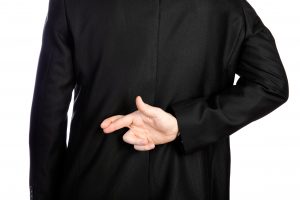By Karen McMurray

At BCS, we hope that you never need our services in this area, but if you do, we can help. We would rather help you establish sound internal controls to help prevent fraud, but realize that even in the best of situations, it can still occur. We have three Certified Fraud Examiners (CFE) that can help you identify where fraud has occurred and prepare reports that can be used to help bring a conviction, if needed. Fraud cases are most often misappropriation of assets or “theft.” According to the Association of Certified Fraud Examiners latest Report to the Nations, 83% of fraud cases involve asset misappropriation. The most common theft is cash and it generally occurs through a misappropriation of cash receipts or cash disbursements. Other types of fraud are corruption or financial statement fraud.
Forensic accounting work is done in anticipation of litigation and can include fraud, valuation, bankruptcy and other professional services. While fraud examinations generally refer to an actual theft, much forensic accounting work may be due to disputed valuations, not a specific theft. Forensic accounting doesn’t necessarily imply any illegal activity, while fraud does. In some cases, valuations may be disputed due to fraudulent financial statements. We can help you with valuations through Trinity Valuation and we have a CPA who also has the Certified in Financial Forensics (CFF) designation from the AICPA. Forensic accounting does also include the litigation support that may be needed as a result of a fraud examination and our CFEs can provide that support.
The best way to prevent fraud is through sound internal controls and an ethical tone at the top. Management should develop risk assessments to determine where fraud could occur and what steps can reasonably be taken to lessen those risks. Employees should also know how they can report suspected fraud. If you need assistance in these areas, we would much rather help with your internal controls than have you need our services for a fraud examination.
